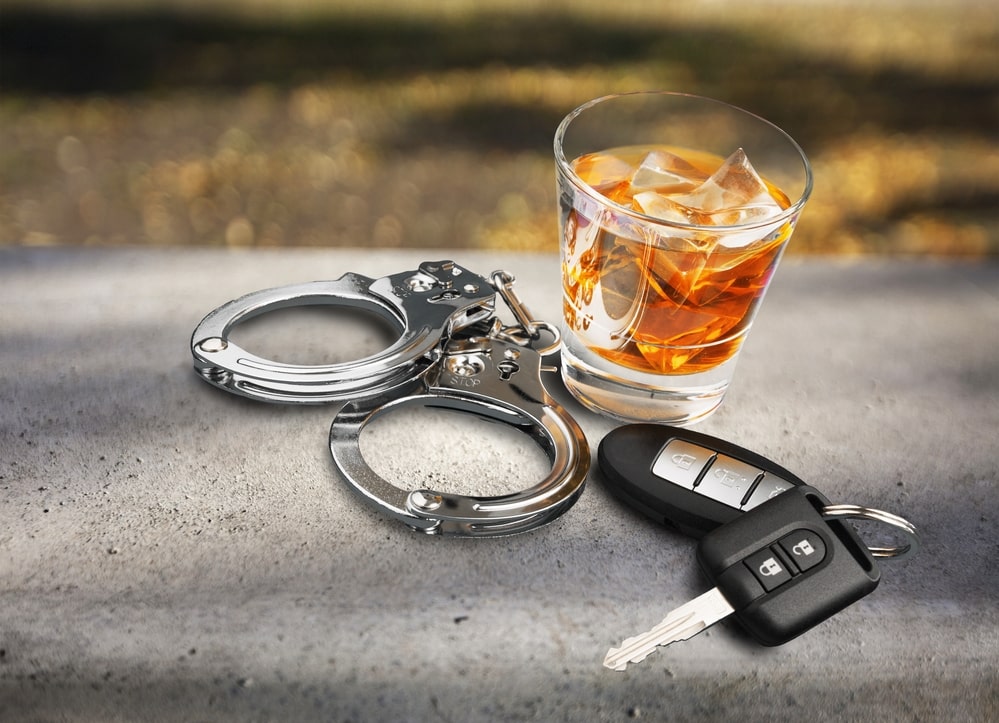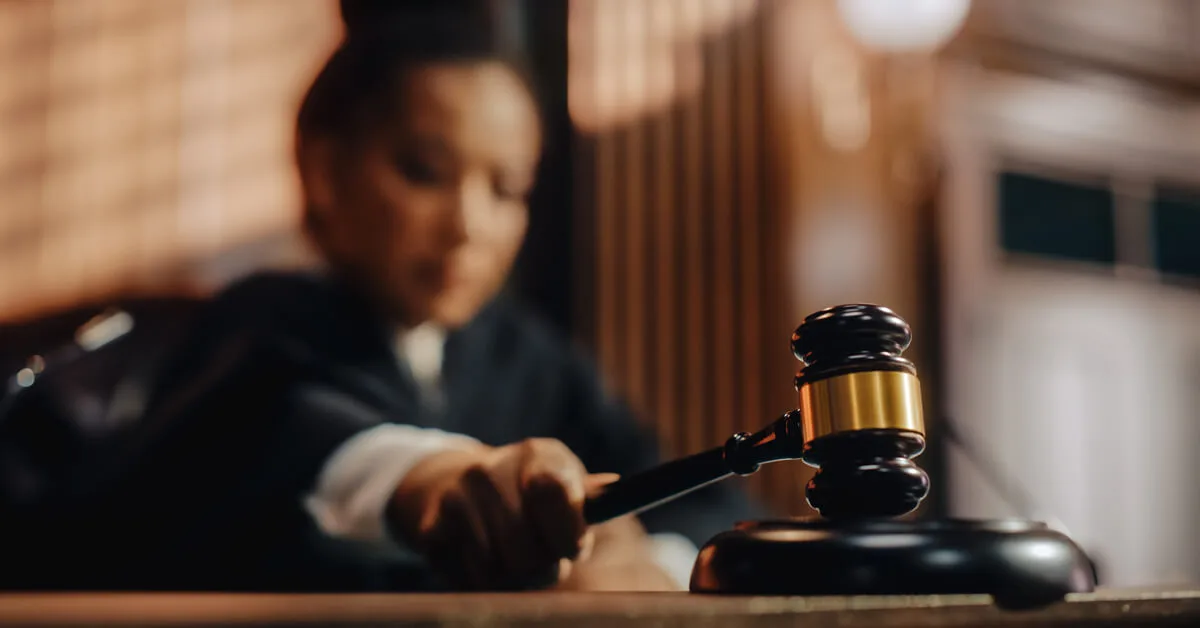Getting charged with a DUI in Texas can feel like your world is crashing down. The flashing lights in your rearview mirror, the field sobriety tests, the breathalyzer—it all happens so fast. But here’s the truth: just because you’ve been charged doesn’t mean you’re guilty. You still have rights, and more importantly, you have options. That’s why it’s crucial to understand the best strategies for fighting DUI in Texas. With the right approach and legal support, you can challenge the charges, reduce the penalties, or even get your case dismissed entirely.
In this article, we’ll walk you through the real-world tactics attorneys use every day to defend clients against DUI allegations in the Lone Star State. We’ll also explain the legal landscape, break down the prosecution’s playbook, and show you how to punch holes in their case—strategically, of course. If you’re wondering how to combat Texas DUI charges with these effective strategies, you’re in the right place.

Understanding the Legal Definition of DUI in Texas
Know What You’re Up Against
Before we talk strategy, you need to know what you’re actually being charged with. In Texas, DUI (Driving Under the Influence) and DWI (Driving While Intoxicated) are often used interchangeably, but they have technical distinctions.
- DWI typically applies to drivers aged 21 and over with aBAC (blood alcohol concentration) of 0.08% or more, or who are impaired due to alcohol or drugs.
- DUI is usually reserved for minors under 21 found with any detectable alcohol in their system.
That said, most adults are charged with DWI, which falls under Texas Penal Code § 49.04. Penalties can include jail time, fines, license suspension, probation, mandatory education programs, and skyrocketing insurance rates.
So, if you’re asking how to combat Texas DUI charges with these effective strategies, the first step is to understand the legal language and penalties associated with your charge.
Strategy #1: Challenge the Traffic Stop
Was There Really a Valid Reason to Pull You Over?
One of the most powerful strategies for fighting DUI in Texas is challenging the legality of the traffic stop. Under Texas law, an officer must have reasonable suspicion that you committed a traffic violation or crime to stop your vehicle.
If your defense attorney can prove that the officer lacked reasonable suspicion, all evidence gathered after the stop—field sobriety tests, breathalyzer results, even your statements—can be suppressed. That means the prosecution loses its core evidence.
Real-life example: In Austin, a man was pulled over for “weaving” within his own lane. The dashcam footage showed he never crossed the lane divider. The court ruled the stop unlawful, and the entire DUI case was dismissed.
Bottom line: if the stop wasn’t legal, nothing that followed should hold up in court.
Strategy #2: Scrutinize the Field Sobriety Tests
Human Error Happens—Even by Police Officers
Field sobriety tests (FSTs) are notoriously subjective. Officers rely on them to build probable cause for an arrest, but they’re often flawed due to poor instruction, nervousness, medical conditions, or uneven surfaces.
Common FSTs include:
- Horizontal Gaze Nystagmus (HGN) – Following a pen with your eyes
- Walk-and-Turn – Walking heel-to-toe in a straight line
- One-Leg Stand – Balancing while counting aloud
Your attorney may argue that:
- The officer didn’t properly instruct you
- Weather or road conditions compromised the test
- You have a medical condition (e.g., vertigo, back pain) that impacted performance

When used strategically, FST flaws are a powerful part of the toolkit to combat Texas DUI charges with these effective strategies.
Strategy #3: Challenge the Breathalyzer or Blood Test Results
Machines Make Mistakes—and So Do People
Chemical tests are often the cornerstone of a DWI prosecution. But they’re not infallible. Breathalyzers require regular calibration and trained operators. Blood samples must be drawn, stored, and analyzed correctly. Any deviation opens the door to a challenge.
Defensive strategies here include:
- Questioning machine maintenance records
- Highlighting lab errors or contamination
- Challenging chain of custody
Example: A woman in San Antonio was arrested with a BAC of 0.10. Her lawyer discovered that the breathalyzer hadn’t been calibrated in over a month. The test results were thrown out, and the case was dismissed.
So when you’re working to combat Texas DUI charges with these effective strategies, don’t overlook the science. It might just save you.
Strategy #4: Dispute the Officer’s Observations
Subjective Claims Are Open to Challenge
Police reports often include claims like “the driver smelled of alcohol,” “the driver’s eyes were bloodshot,” or “the driver slurred their speech.” But these observations are subjective—and they can be contested.
Your attorney may use body cam or dash cam footage to contradict the officer’s notes. They may also introduce evidence that these symptoms could stem from allergies, fatigue, or medication.
If the officer’s credibility is undermined, the case can quickly begin to unravel. That’s why discrediting officer observations is one of the core strategies for fighting DUI in Texas.
Strategy #5: Prove Rising Blood Alcohol Levels
You Might Have Been Under the Limit When Driving
“Rising BAC” refers to the scientifically proven fact that alcohol takes time to absorb into your bloodstream. If you had your last drink shortly before driving, your BAC might have been below the legal limit at the time—but rose later when you were tested.
A defense attorney can bring in expert witnesses to explain:
- How alcohol absorption works
- Why the timing of the test matters
- That your BAC was likely legal while you were behind the wheel
This argument doesn’t work in every case, but it’s a powerful defense for drivers who were borderline or who were tested significantly after being pulled over.
In the broader conversation around combat Texas DUI charges with these effective strategies, this tactic can introduce just enough doubt to prevent a conviction.
Strategy #6: Show You Were Not Driving
No Driver, No DUI
It sounds simple, but Texas law requires that you be operating a motor vehicle while intoxicated to be charged with DUI. If there’s no proof that you were actually driving—or if you were parked—this can be a viable defense.
Example: A man was found asleep in his parked car with the engine off. He admitted to drinking but said he was waiting for a ride. There was no witness, no driving observed, and the key wasn’t in the ignition. Charges were dropped.
This strategy works best in situations where the vehicle was stationary and there’s little evidence of actual operation. It’s a lesser-known but effective way to combat Texas DUI charges.
Strategy #7: Argue Lack of Probable Cause for Arrest
If the Officer Skipped a Step, Your Case May Crumble
Even after a legal stop, the officer must have probable cause to arrest you. This requires more than just a “hunch” or vague signs of impairment. They need solid evidence—like failed sobriety tests or erratic behavior.
If your attorney can prove the arrest lacked legal foundation, all evidence obtained afterward (like chemical tests) can be excluded. This strategy is part of what’s called a “motion to suppress”—a powerful legal tool in DWI defense.
When it comes to strategies for fighting DUI in Texas, this is a legal maneuver that could dismantle the prosecution’s entire case.

Strategy #8: Highlight Constitutional Violations
Protecting Your Rights Isn’t Just Smart—It’s Strategic
Every citizen is protected by constitutional rights, even during a DUI arrest. If the police violated those rights, your case could be dismissed on that basis alone.
Common violations include:
- Failing to read your Miranda rights
- Unlawful search and seizure of your vehicle
- Coerced confessions without an attorney present
Real-life example: In Harris County, a man was arrested for DWI after consenting to a search of his vehicle. But his lawyer proved the search was coerced, and the court ruled the evidence inadmissible.
These types of challenges are crucial when trying to combat Texas DUI charges with these effective strategies. When law enforcement skips legal steps, their case falls apart.
Strategy #9: Use Witness Testimony
Other People May Help Tell Your Side
Sometimes, the strongest defense comes from people who were there. Passengers, bartenders, or even bystanders can testify that:
- You weren’t drinking
- You weren’t impaired
- You didn’t drive the vehicle
- The officer misrepresented what happened
Having another voice to counter the police narrative adds weight to your version of events. This is especially effective when combined with video footage or receipts showing your timeline.
In DUI defense, context is everything—and witness testimony can shift the narrative in your favor.
Strategy #10: Negotiate a Plea Deal
Sometimes the Smartest Strategy Is Compromise
If the evidence is stacked against you but the prosecution is open to negotiation, your lawyer may recommend a plea deal. This might reduce a DWI charge to:
- Obstruction of a passageway
- Reckless driving
- Public intoxication
These lesser charges carry lighter penalties and often allow you to keep your license and avoid jail.
Some viewplea deals as admitting guilt—but in the real world, they can be the most effective strategy in a difficult situation. After all, the goal is to minimize damage and move forward. That’s still part of combatting Texas DUI charges with effective strategies.

Final Thoughts: Effective Strategies to Combat Texas DUI Charges
Being charged with DUI in Texas can feel like the odds are stacked against you—but remember, a charge is not a conviction. The system leaves room for defense, and there are countless strategies that work every day in courtrooms across the state.
From challenging the legality of the stop to discrediting chemical tests, each of these approaches aims to chip away at the prosecution’s case. The key to success? Hiring an experienced DUI attorney who understands how to combat Texas DUI charges with these effective strategies—and who knows how to tailor them to your specific situation.
Don’t wait. The earlier you act, the more options you have. And when your freedom, license, and future are at stake, having a game plan isn’t optional—it’s everything.

